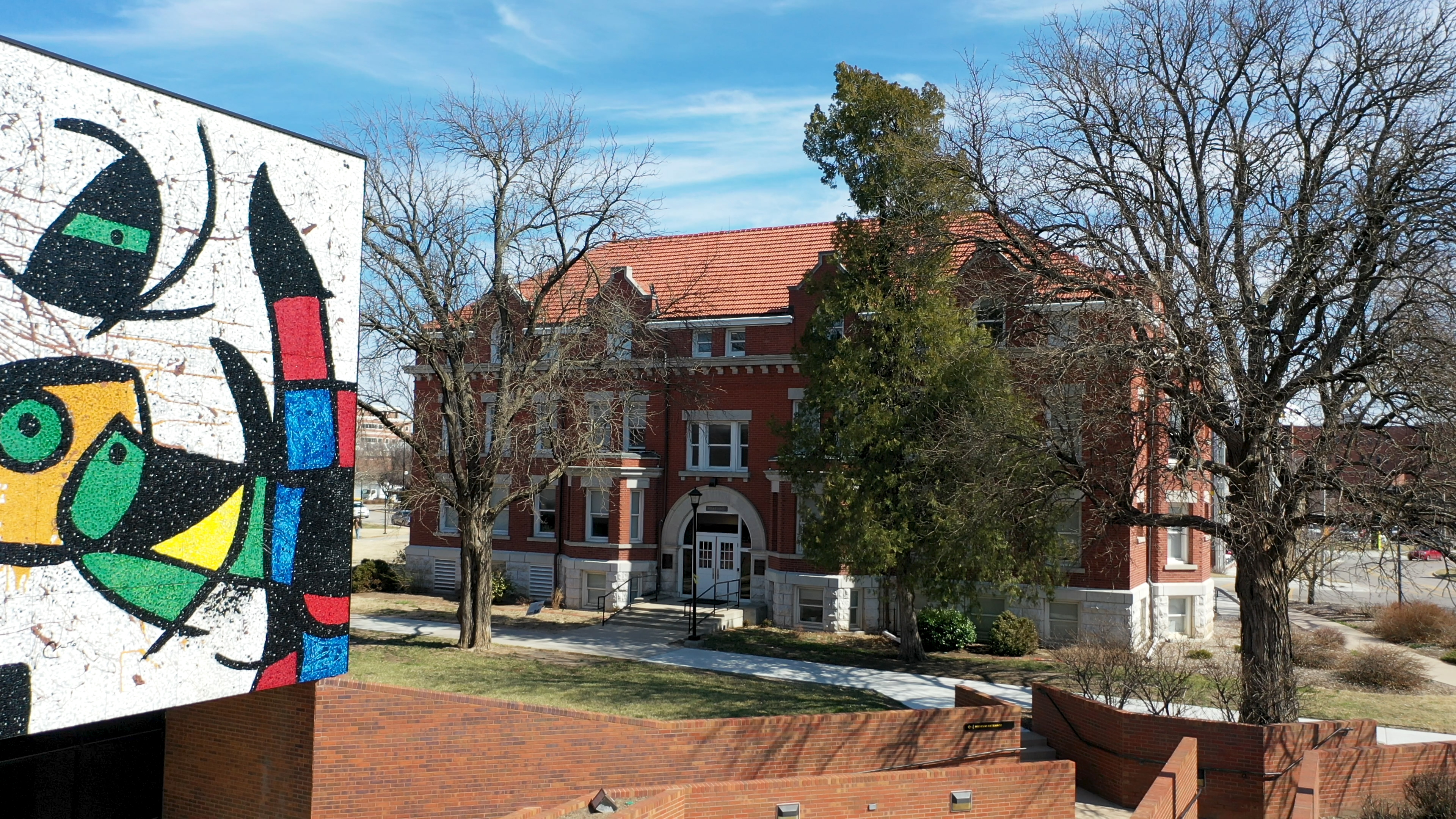Please join the Department of Philosophy in McKinley 207 on Wednesday, December 3, 2025 at 3:30pm to hear Dr. Colby Clark's talk, "Topographical Constraints and Ecological Units: Where does an ecosystem start and end?" Click to see the abstract. Yummy snacks provided.
Our WSU team competed in the Intercollegiate Ethics Bowl's 2025 online regional competition on November 9th, finishing in 7th place with an overall record of 2-1. The team's only loss came against this year's regional champion. Click for more details.
Dr. Colby Clark joins WSU this Fall as a Visiting Assistant Professor of Philosophy. He specializes in environmental philosophy and environmental ethics. Click for more about Dr. Clark.
With topics ranging from Wittgenstein and Mach, metrology and analogy, to the role of the fabulous in the history of science, click here to read a bit more about her latest work.
The John R. Barrier Distinguished Teaching Award is given each year to a full-time faculty member in the humanities or social sciences divisions of Fairmount College. This peer recognition award acknowledges a professor whose teaching is outstanding, who has had an impact on the lives and career choices of students and who has the ability to enliven teaching and enrich the understanding of students. Congratulations, Dr. Lu!
After a decade in the WSU Department of Philosophy, Dr. Brian Hepburn is retiring at the end of the Spring 2025 semester. While at WSU Dr. Hepburn's teaching and research focused on engineering ethics and the history and philosophy of the physical sciences. He has been the department Undergraduate Coordinator since 2020, received the Barrier Distinguished Teaching Award in 2024, and served as interim department chair in the absolute worst semester, Spring 2020. Please join us in wishing Dr. Hepburn all the best in his next adventure.
A good time was had by all at the Philosophy Department pizza party and graduation celebration! Special congratulations to VC and CP, who have great plans in store after graduation.
Philosophers are people, too! Read about Dr. Bondy's musical side.
Interested in free will, moral agency, and determinism? Check out Dr. Hill's paper "Strawsonian Hard Determinism" in the Journal of Philosophy.
As part of Newman University's Emerging Technology: Promises and Perils conference April 11-12, Dr. Castro will be speaking about "Medical Integrity, Algorithmic Intimacy, and Organoid AI". Register by April 4! This is a free event, supported by a grant from the National Endowment for the Humanities.
Alumni News
Here's what a few folks have done with their philosophy degree from WSU.
Hector Corea is Senior Counsel at Epstein, Becker and Green, PC, in Los Angeles. (2025).
LCDR Joseph M. Hatfield retired from Naval Intelligence and is now an Assistant Professor in the Cyber Science
Department of the US Naval Academy (2025).
Misha Jacob-Warren returned to her roots and now is Deputy General Counsel at WSU (2025).
Lucy Petroucheva is a Coach at the Kansas Leadership Center (2025). "With a rich educational background
in psychology, philosophy, adaptive leadership, human-centered design, group dynamics,
adult learning theory, coaching, and Eastern contemplative practice, Lucy blends theory
and practical application. Her experience spans leading inclusive learning initiatives,
managing projects and teams, and fostering strategic partnerships across diverse sectors."
Courtney Minor is a graduate student in the PhD program in Philosophy at UCLA with full funding.
She's studying Philosophy of Law, Ethics, Political Philosophy, and Logic (2025).
Daniel Saunders finished his PhD in Philosophy at the University of British Columbia in philosophy
of science. He's now a Bayesian statisician with expertise in geospatial models and
time-series (2025).
Tyler Hiebert is finishing his dissertation for a PhD in Communications at the Annenberg School
of Communications, USC (2020).
Curt Gridley and Tracy Hoover founded Groover Labs, a creative concept to market maker space in Wichita's Old Town Opportunity Zone
(2019).
